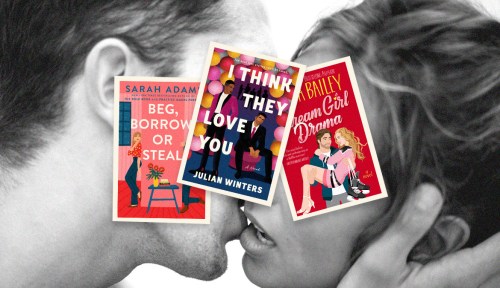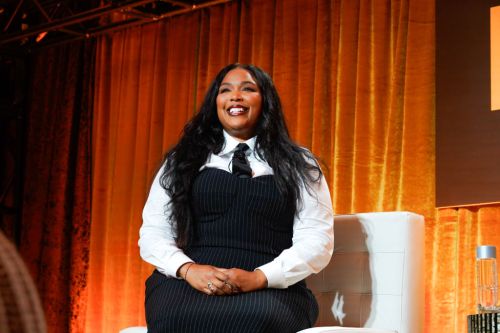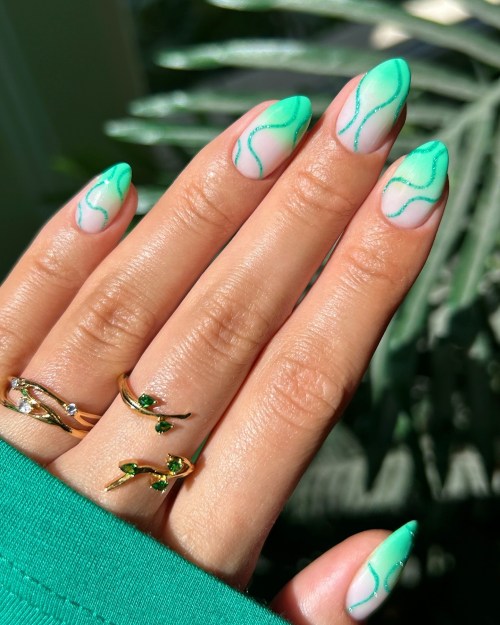The great wide world of internet memes suggests two mutually exclusive truths: First, there’s a cat pic to mirror every mood. And second, there’s no deflating feeling quite like getting friend-zoned by someone on whom you have a massive crush. As proof, I give you this lengthy Reddit thread, wherein those who have ended up friend-zoned ask lucky souls who have gotten out how the heck they did it. Answers run the gamut, including hot (and decidedly awful) tips, like giving your love interest the silent treatment and reinventing your entire personality. I have to assume there’s a healthier approach for communicating your desire to make a flame out of friendship, so I sought out two relationship experts who could advise how to locate the emergency exits if you find yourself wanting to leave the friend zone.
“Being in the friend zone means that romance is out of the question,” says Rachel DeAlto, JD, a litigator turned relationship therapist who specializes in dating in the digital age. “[The relationship] is all platonic, and any sort of advances just aren’t happening.” There are a number of reasons someone may label you strictly as “friend material,” but in DeAlto’s experience, they all come down to one factor: attraction. Either they’re not physically attracted to you, or something about your vibe just isn’t meshing with their own. “It’s kind of harsh, but typically, if someone’s in the friend zone, it’s because the other person doesn’t see them in that way. And a lot of times, attraction isn’t just about looks; it can be about their vibe or something that’s not as easy to identify.”
“A lot of times, attraction isn’t just about looks; it can be about their vibe or something that’s not as easy to identify.” —Rachel DeAlto, relationship expert
But despite its rough reputation for those who have been afflicted, the friend zone does offer a certain comfort to many. Dating expert Jess Carbino, PhD, say labeling something as “the friend zone”—as if it’s an actual geographical location with a latitude and longitude—makes us feel like we’re standing on solid ground in a situation that’s pretty much beyond our control. “I think that people tend to define these stages because it becomes more clear in their mind what the relationship means by having different definitions of them and being able to use specific types of criteria to define how a relationship works, how it functions, the boundaries of it, and the expectations of it,” she says. “People who are interested in a romantic partner—whether it’s requited or not—tend to talk about a friend zone if the relationship does not seem to be moving in the desired direction of being romantic.”
If you flip through your mental Rolodex of couples IRL and in pop culture, though, you’ll notice that the friend zone isn’t always a life sentence. Just take Mila Kunis and Ashton Kutcher, who were just friends for years before they got together. It’s a tale that’s at least as old as That ’70s Show, and both Dr. Carbino and DeAlto agree that it can happen, particularly in friendships that span across many years. “It makes sense that somebody would develop romantic feelings for someone with whom they’re close friends. Many people are investing themselves intimately with somebody by being vulnerable with them and by sharing with them—and become attracted to them as a result,” says Dr. Carbino.
You can take the same leap as Kutcher and Kunis, BTW. Learn how, below.
Friend-zoned? Here’s how to tell your crush you want more
You may think that your exit route from the friend zone involves a declaration of undying love, and that may be true. But Dr. Carbino says first, you can use your investigative skills to look for micro-clues that the object of your affection may like you, too. “I think that in terms of trying to assess clues, I would ask them if they’ve ever had any obviously intimate moments together, what types of things they do together, and whether there’s playful touching,” says Dr. Carbino. For example, are their feet facing toward you while they’re talking? Are they touching their own hair or making intense eye contact?
“I always say dip a toe in and start a conversation around more romantic things,” says DeAlto. “Ask them about their love life, ask them about what they’re looking for, and then you can go from there and flirt a little bit to see if it’s reciprocated, right?”
After you’ve done your sleuthing, it’s time to decide what outcome would hurt more: potentially losing this person as a friend if feelings aren’t reciprocated and then ultimately the relationship changes, or never telling them how you feel. “There’s a risk of losing a very valuable relationship that may not necessarily work out in a more romantic context,” says Dr. Carbino. So whatever you decide, remember that your feelings are 100 percent legitimate. Then, take a deep breath and say it. Dr. Carbino recommends a simple: “I have feelings for you. How do you feel about that?”
You know what happens next. Either you’ll get an admission of similar feelings existing, or you’ll walk away feeling a little bit (or a lot a bit) defeated. If the latter case is what ensues, Dr. Carbino says to prioritize showing up for yourself. “I think it’s important to just validate your feelings and be like, ‘I’m hurt. This doesn’t feel good.’ And if you have to take a minute away from that friendship to recover, there’s nothing wrong with taking that time,” says DeAlto. It will hurt, but it won’t hurt forever.
“Honestly, what I’ve seen in those cases is once they have a new love interest, it tends to be a lot easier to just be friends,” DeAlto says. “We’re humans, there’s always somebody else that will come along. And then it tends to be a lot easier to just be just friends.”
We rounded up 99 ways to take yourself after a breakup, and if you’re the one initiating the split, here’s how to do it compassionately.
Sign Up for Our Daily Newsletter
Get all the latest in wellness, trends, food, fitness, beauty, and more delivered right to your inbox.
Got it, you've been added to our email list.











